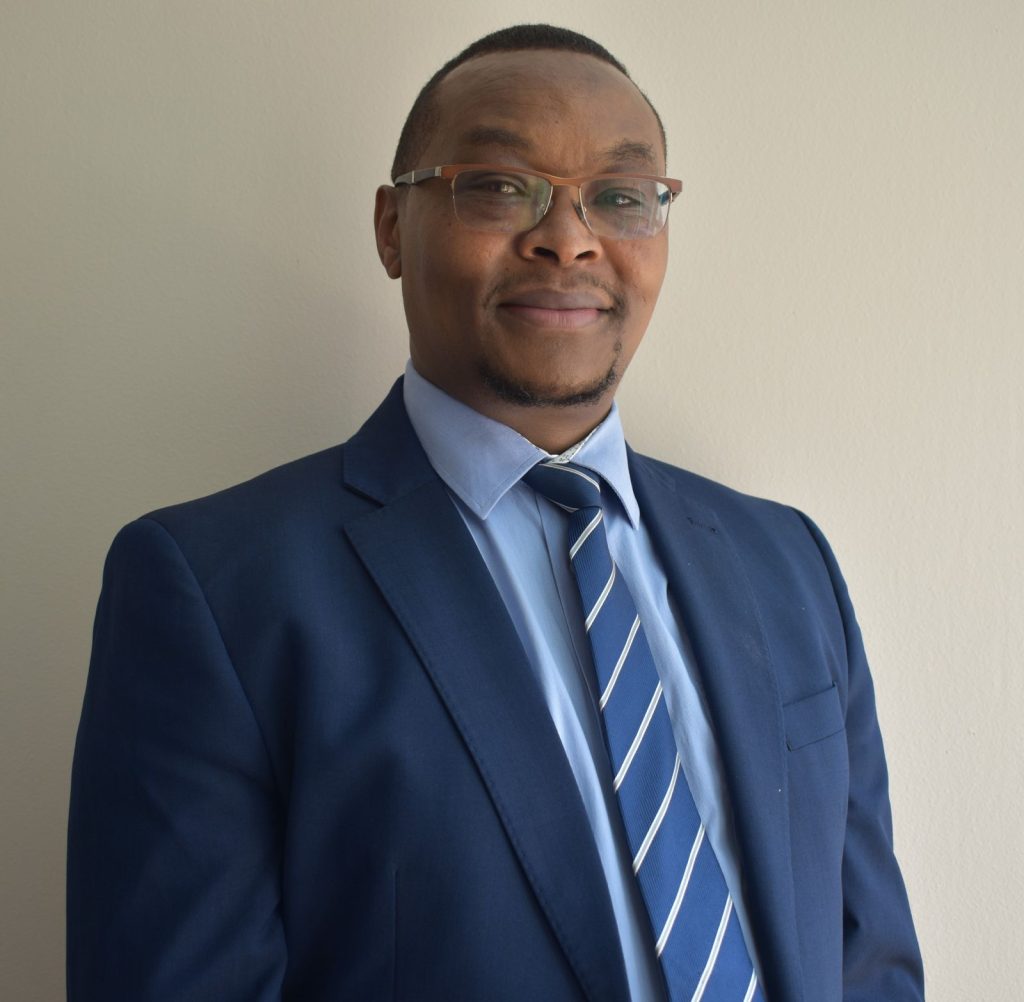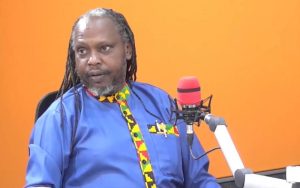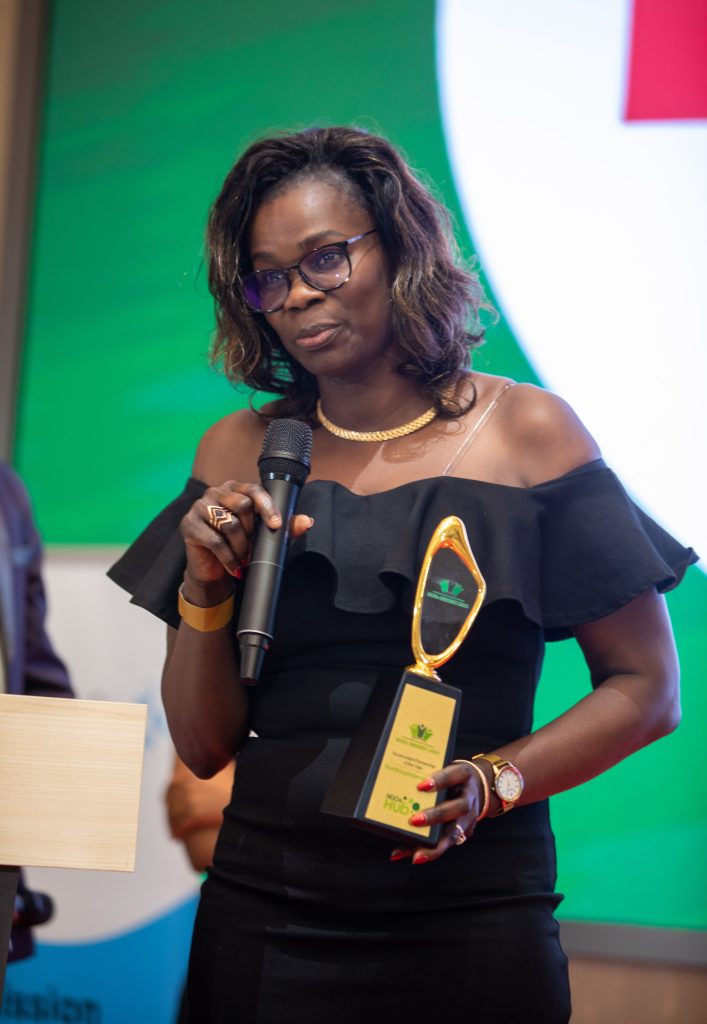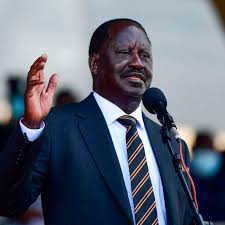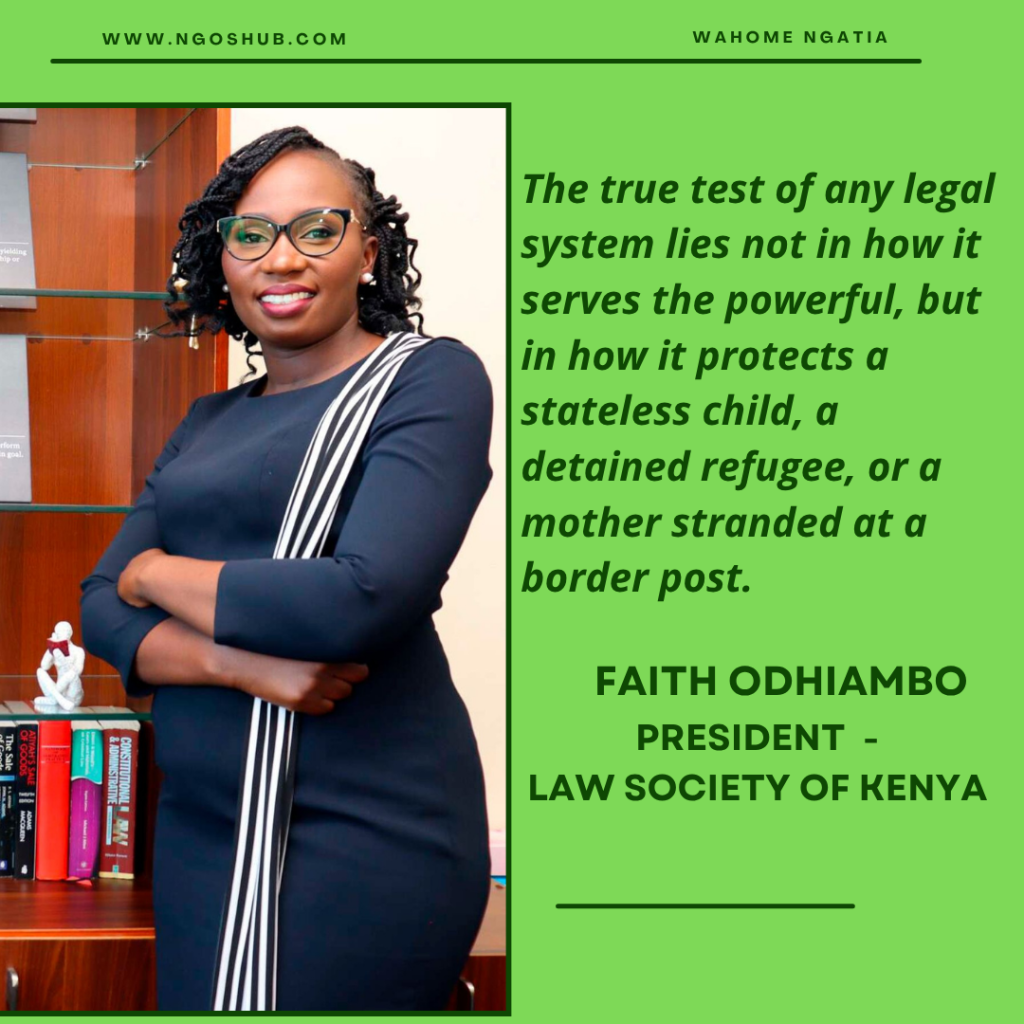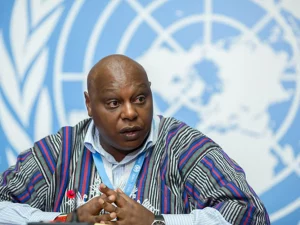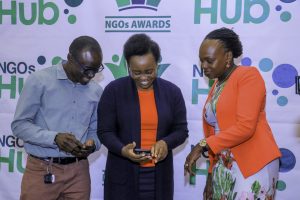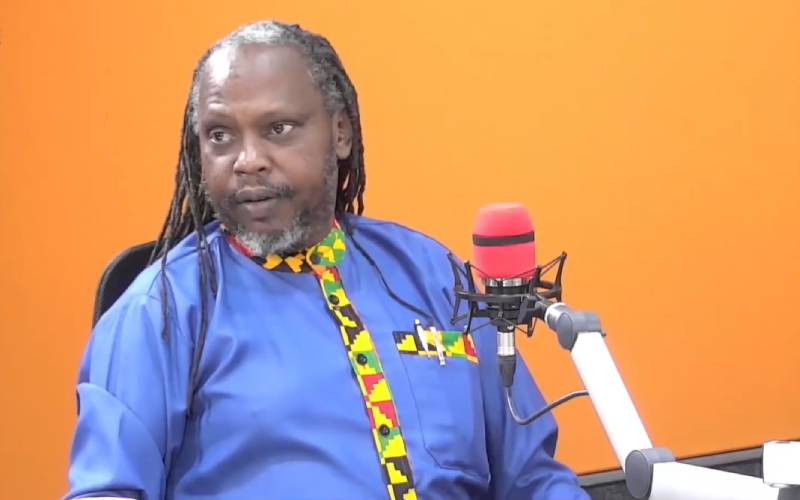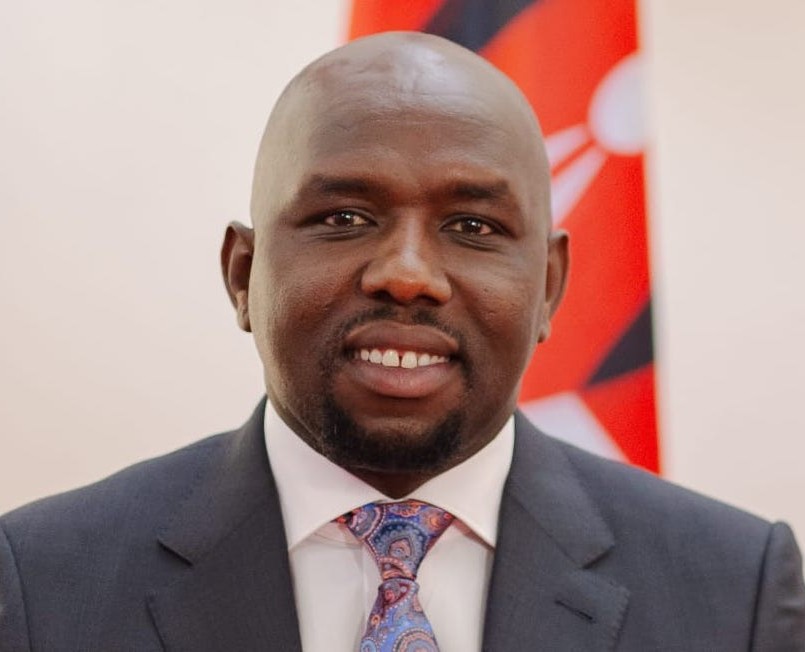By Wahome Ngatia
In a previous post, we spoke to ICJ-Kenya after it signed an MoU with Africa Voices Foundation (AVF) to conduct a judiciary perception and experiences survey. In this installment, we sit down with AVF Executive Director Samuel Kimeu, a seasoned advocate of the High Court who has served in leadership roles at ICJ-Kenya, Transparency International Kenya, Transparency International and the African Union Advisory Board against Corruption. His passion for connecting policymakers with the voices of ordinary citizens led him to join AVF in 2020.
Here is the conversation we had with him.
What does Africa Voices do?
Africa’s Voices is all about amplifying the voices of the people in decision-making. When we choose a topic, we train radio presenters on our approaches and script programs to enable us to engage and hear from the people. Each show revolves around one topic where one open-ended question is asked. Listeners send responses via a free SMS short code. We compile this feedback into reports that preserve the authenticity of people’s voices. Responses are accepted in any language — English, Swahili, Dholuo, Kalenjin, among others — to ensure inclusivity.
What methodology do you use?
When we have a topic that we want to discuss, we usually train the radio presenters and we script the program. Our aim is to hear from the people. Every show usually has an open-ended question that guides the topic of discussion.
The citizens are given a free SMS short code where they text their feedback and responses. We take the data and collate it into a report that doesn’t try to filter or dumb down the concerns of citizens. We deliver the data raw and unfiltered to the duty bearers. The feedback is credible because we allow Kenyans to speak in the language they feel most comfortable in. They can speak in English, Swahili, Dholuo, Kalenjin etc. As long as they communicate what they want.
Why did you agree to partner with ICJ-Kenya on the Judiciary Perception Survey?
ICJ-Kenya has long championed the rule of law and access to justice. We wanted to combine our strengths to conduct this survey. The judiciary, unlike the executive or legislature, does not routinely engage the public in forums or rallies. Our project will complement what the judiciary is doing by way of peoples’ engagement, capturing views on issues that concern the people, like corruption, delayed justice, and barriers to accessing courts.
What makes this project unique?
Continued confidence in the judiciary is vital in the administration of justice. To sustain that the judiciary has to keep listening to the voices of people and include their feedback in decision making.
We agreed to do this because we see value in expanding the Judiciary’s engagement with the people.
The other arms of government; the legislature and executive regularly go to the people and talk to them in rallies, funerals, public participation forums and others. Judges and magistrates speak through their decisions in proceedings actively before them.
Our initiative will create a platform where the judiciary can engage with the public, away from court proceedings. The feedback we collect from Kenyans on the challenges they face in accessing the judiciary, for example, will be presented to the decision-makers within the judiciary.
What does success look like?
There are two levels of success. The first is the establishment of a platform of engagement for the judiciary to interact with the public. The second, and more vital, is for the judiciary to take in the peoples’ perspectives in making changes that promote access to the courts and to justice.
What has the reception from the judiciary been like?
Positive and collaborative. We co-create the entire process, including the survey questions with them before rollout.
What methodologies will you employ?
We will use questionnaires, leverage interactive radio, and conduct interviews with judicial officers, prosecutors, lawyers, and other stakeholders. The pilot will focus on Nairobi County — specifically Milimani and Makadara Law Courts.
How will you maintain the rawness of the data and protect the privacy of the respondents?
We will only use responses with consent, never revealing identities. SMS short codes will capture demographic data like gender and age without compromising anonymity.
How long will the pilot take?
We are estimating it to take about a year.
How are you going about the funding of this unique project?
ICJ-Kenya and AVF are pooling their resources together jointly and doing it at cost. There is hope that once the pilot is complete, we can get external donors to help us scale the scope from Nairobi to other counties in Kenya.
Do you experience challenges with funding?
We operate within our means. More funding would allow us to expand our scope. Current donors include Luminate, Global Fund for Community Foundations and the Swiss Agency for Development and Cooperation, alongside organizations that contract us to support them to include public voices in their programs.
How do you fund your projects and recurrent expenditure?
We have donors such as Luminate and the Swiss Agency for International Development for programs in Somalia. Additionally we have organizations and entities that hire our services when they want to include the people’s voices in their programs. While this may not put money in our bank, they help us advance our approach with the limited resources that we have.
What lessons have you learnt in your stint at AVF?
As a society we don’t listen enough. Listening is at the heart of our work. We don’t just collect data — we amplify citizens’ voices. Technology now allows us to expand beyond traditional town halls to digital platforms and to support those who want to listen, and hear the public better and at scale. .
How have you made AVF better since you took over in 2020?
We have refined our processes, tightened timelines, and expanded to platforms like X Spaces, Facebook Live, Telegram, and WhatsApp. This allows us to hear from more diverse demographics.
What advice would you give NGOs and leaders?
Rethink funding strategies. Traditional donor streams are shrinking; local support from Kenyans and domestic organizations is clearly part of the solution.

